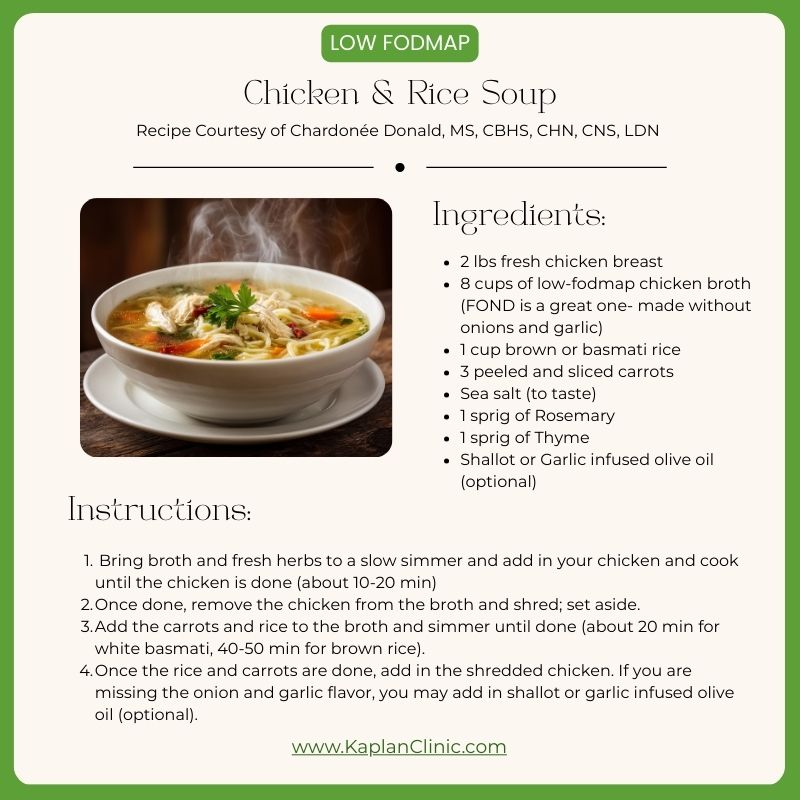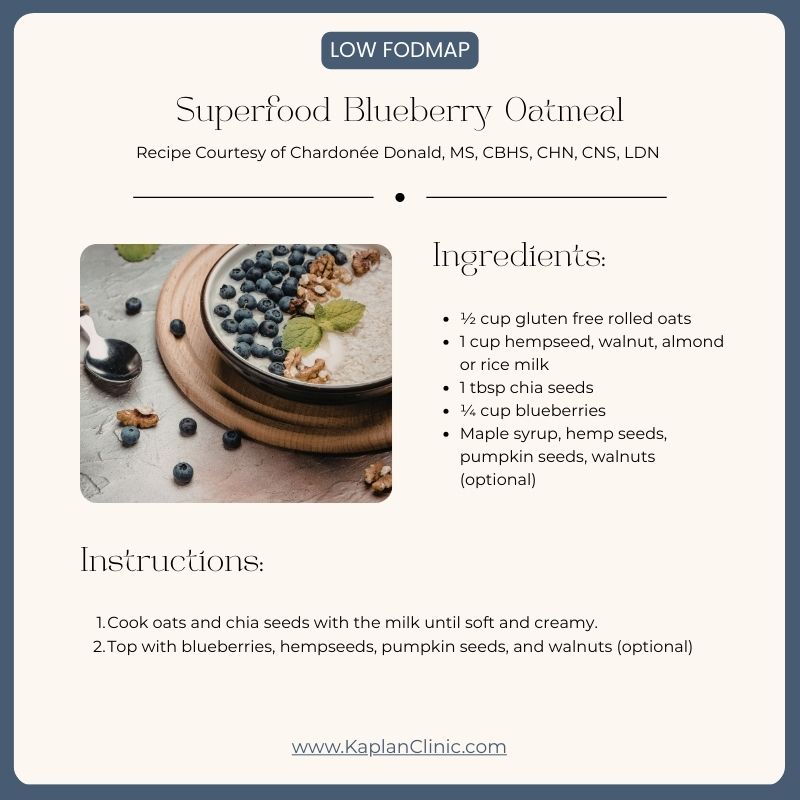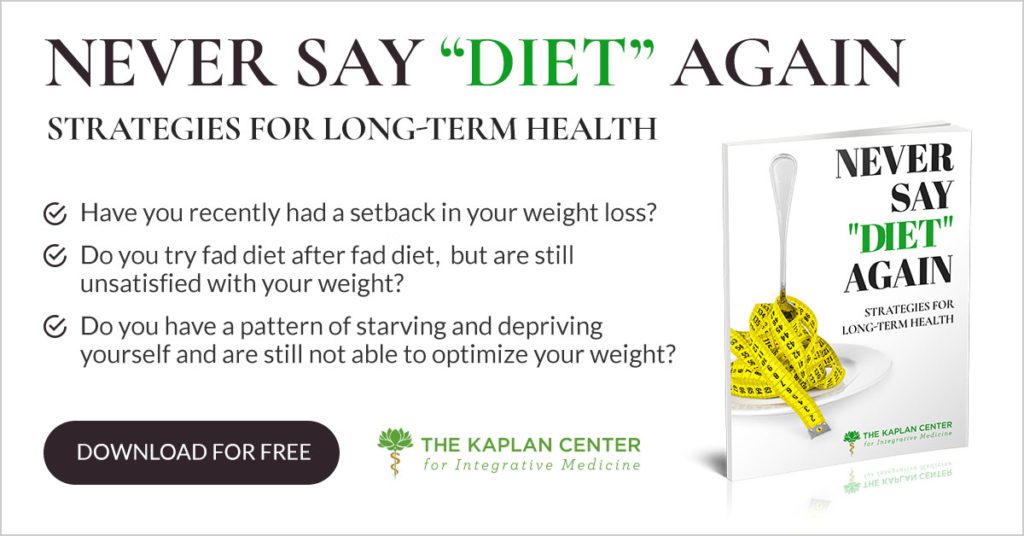It’s easy to take your mental health for granted until one day you realize that you haven’t been feeling as mentally sharp as you once were. Maybe you’re having more frequent slips in memory or you feel like you’re walking around with your head in a cloud. When these moments occur, you may be quick to dismiss them, but brain fog, in a sense, is the body’s way of indicating that the brain is not working the way it’s supposed to be. So, what is brain fog and why does it happen?
Brain fog is not an actual clinical condition, but rather a term for a subjective set of symptoms that people experience. Some may be affected by poor concentration or a decrease in intellectual productivity, while others may experience memory problems (difficulty with recalling words, details, etc.). Other symptoms can include feelings of confusion, depression, and headaches. People of any age and gender can experience any one or all of these symptoms at any given time.
These changes in cognitive function are not only mentally exhausting, but they can also have a very real effect on a person’s emotional wellbeing. Operating in a reduced state of mental acuity can knock down a person’s self-confidence, cause workplace productivity to suffer, and may even be a reason to withdraw from social outings. But it’s important to understand that brain fog is not a normal part of the aging process.
There are many factors that can initiate symptoms of brain fog; some that you may not think are related. Unlike dementia, which can be permanent, and in some cases, progressive, brain fog symptoms are likely to improve when contributing factors are addressed.
How to Get Rid of Brain Fog
Here are 6 common contributors with tips on what you can do to improve or even eliminate your symptoms altogether.
1. Poor nutrition.
The connection between the brain and the gut is also known as the “gut-brain axis.” It’s a bi-directional connection, which means that the gut and the brain essentially speak to each other. This means that when the integrity of one component is compromised, the other is directly affected. Therefore, poor nutritional choices will have a direct effect on brain function.
Highly processed meals and drinks that are loaded with simple sugars and other artificial ingredients can cause a disruption in the gut flora and lead to a condition called intestinal permeability, or leaky gut. When the gut lining is weakened unwanted substances are able to break through the protective filter between the intestines and our bloodstream. The are several issues that then become a problem. The first is that the body will start to make antibodies to foods, causing allergies to foods we would not have been sensitive to when the intestine was healthy. The other issue is that when the intestinal barrier is impaired, the barrier around the brain that helps protect our brains from immune substances floating in the blood now can enter the brain and incite an inflammatory reaction. This can show up as fatigue, sleep disturbances and alterations in mood, anxiety, and depression, and brain fog.
In addition, common food additives like aspartame, Monosodium Glutamate (MSG), and nitrates/nitrites promote widespread inflammation and oxidative stress by producing free radicals that cause damage to brain cells and DNA when they overwhelm antioxidant levels in the body.
Solution: We should never take our food choices for granted! There are things that can be done nutritionally to help clear brain fog, boost energy, and increase productivity. Start by cutting down on processed foods and eating whole, organic, and non-GMO foods whenever possible. Next, eat probiotic-rich foods to help balance your gut flora and get rid of harmful bacteria. Probiotic-rich foods include sauerkraut, kimchi, Kombucha (watch out for sugar content), and kefir. If you have trouble getting these foods onto your plate, another great way to get good bacteria into your diet is supplementing with a daily probiotic.
2. Biotoxicity and Neurotoxicity
Biotoxins and neurotoxins are environmental toxins that can poison our physical and mental health. As toxins penetrate the blood-brain barrier, they are free to circulate throughout the body – including the brain! Once there, the glial cells that work to defend the nerves and brain cells from damage are compromised and unable to do their job. Although the symptoms vary, a common complaint of someone diagnosed with some form of toxicity is brain fog.
Solution: Eliminating biotoxins and neurotoxins from your home is the first step in any detoxification process. This may mean professional removal of mold-infested areas, air purification, and a change to buying “green” products that do not contain harmful ingredients like pesticides and other toxic ingredients. You’ll also need to make changes to your diet to exclude food items that may contribute to leaky gut. A compromised gut lining will allow more toxic substances to circulate through your body instead of being eliminated. If you have symptoms of brain fog talk to your physician about whether getting tested for the presence of biotoxins or neurotoxins makes sense for you.
3. Sleep Disorders
In the United States, as many as one-third of adults do not get the quality of sleep the body requires. It’s during sleep when the body is able to repair itself by calming inflammation and maintaining hormone production. When these two processes – both important elements in brain health – are compromised it can negatively impact your memory, decision-making, the capacity to focus one’s attention, and the ability to complete complex creative activities, among other things.
Solution: There are a lot of things you can do to improve your sleep pattern. Breathing techniques, meditation, dietary adjustments, starting an exercise routine (or adjusting your current one), and establishing a bedtime routine are just a few examples. If you think you may have an actual sleep disorder, a first step in further evaluation is to answer the eight questions on the Epworth Sleepiness Scale. If your score is equal to, or higher, than 10, the results should be discussed with your doctor.
4. Celiac Disease
People with Celiac Disease (CD) are no strangers to brain fog. Just like poor nutritional choices can lead to leaky gut, so can an allergy or sensitivity to gluten. The difference is, with Celiac Disease your immune system mistakes gluten, a normally benign food ingredient for most, as a foreign and deadly invader. When it’s detected in the body, the immune system begins to attack and destroy the gut lining and causes leaky gut. Once the villi are damaged the body is unable to absorb the nutrients it needs to keep the brain and body healthy and allows harmful substances to enter. Brain fog is a common symptom of people who are ultimately diagnosed with Celiac Disease or gluten intolerance.
Solution: Patients who have been diagnosed with Celiac disease and/or gluten intolerance report a noticeable and significant improvement in cognitive impairment after eliminating gluten from their diet.
5. Estrogen
In women, the onset of menopause can trigger a myriad of symptoms including fatigue, weight gain, mood swings, hot flashes, joint pain, and brain fog. Research suggests that when it comes to changes in memory and other mild cognitive impairments that accompany menopause, the decline of estrogen levels may be partly to blame. We know that the brain is full of estrogen receptors that have neuroprotective and antioxidant benefits. The decline of estrogen during menopause compromises neuronal function and increases the risk of developing age-related neurodegenerative disorders.
Solution: Although there is no single solution that works for every woman, bioidentical hormone replacement therapy can relieve many of the unpleasant symptoms that most women experience during menopause, including brain fog. Talk to your doctor about a screening that will help identify hormonal imbalances so they can be effectively treated.
6. Side-Effects from Medication
Statistics show that over 20% of US adults report using 3 or more prescription drugs in the past 30 days and nearly 12% use 5 or more. Additionally, it’s not unusual that patients receive prescriptions from specialists in addition to their primary care physician, and supplement use is not always reported accurately. This leaves a lot of room for unwanted side effects, including brain fog.
Solution: Make sure to review your medications with your primary physician annually, and more often if necessary, particularly if you feel like you haven’t been yourself.
In sum, the good news about brain fog is that there are ways to help clear it up, boost your energy, and improve your productivity and memory. The key is keeping your brain well-fed, your body well-rested, and keeping your physician in the know about any changes in your mental acuity.
For individuals who would like to work directly with our providers, we offer comprehensive services that utilize the best alternative and conventional medicine solutions to keep your brain young, healthy, and vital. For more information or to make an appointment with one of our providers please call 703-532-4892.
We are here for you, and we want to help.
Our goal is to return you to optimal health as soon as possible. To schedule an appointment please call: 703-532-4892 x2
References:
Carabotti M, Scirocco A, Maselli MA, Severi C. The gut-brain axis: interactions between enteric microbiota, central and enteric nervous systems. Annals of Gastroenterology. 2015;28(2):203-209.
Jedrychowski, Et al. Cognitive function of 6-year old children exposed to mold-contaminated homes in early postnatal period. Prospective birth cohort study in Poland. Physiology & Behavior. Volume 104, Issue 5, 24 October 2011.
Lichtwark , Et al. Cognitive impairment in coeliac disease improves on a gluten‐free diet and correlates with histological and serological indices of disease severity. Alimentary Pharmacology & Therapeutics. Volume 40, Issue 2, July 2014.
Yelland GW, Gluten-induced cognitive impairment (“brain fog”) in coeliac disease. Journal of Gastroenterology and Hepatology. 2017 Mar; 32 Suppl 1:90-93. doi: 10.1111/jgh.13706.
Zárate S, Stevnsner T, Gredilla R. Role of Estrogen and Other Sex Hormones in Brain Aging. Neuroprotection and DNA Repair. Frontiers in Aging Neuroscience. 2017;9:430. Published 2017 Dec 22. doi:10

















